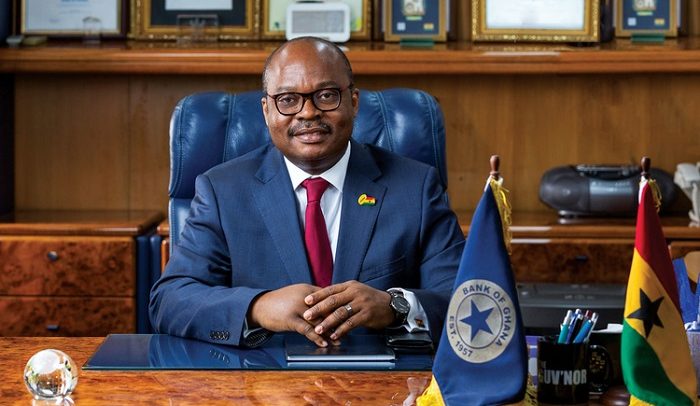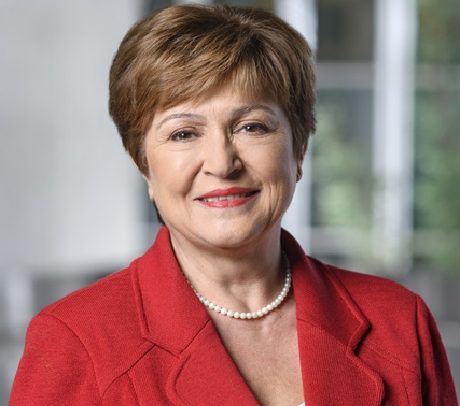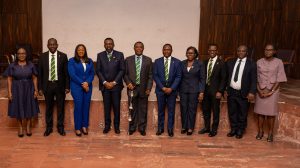
The Trade Unions Congress (TUC) has cautioned government against re-engaging the International Monetary Fund (IMF) for support in tackling socio-economic challenges that confront the country.
According to them, the practice where the IMF was invited to implement short-term fixes to save the economy from collapse were unsustainable and only signals a lack of faith in the collective abilities of Ghanaians to solve problems.
"We do not want to see IMF dictating to our government again. Ghanaians are more knowledgeable about the problems of Ghana than anyone else. Therefore, we are in the best position to offer and implement solutions that deliver us from these self-imposed challenges. This attitude must change. We believe strongly that with a true social partnership among all stakeholders we can achieve the President's vision of Ghana Beyond Aid as soon as possible," a statement by the TUC stated.
The statement was a reaction to the 2018 Mid-Year Budget Review presented by the Finance Minister, Ken Ofori-Atta, presented to Parliament last week Thursday.
The statement said the TUC was fully behind government in bringing an end to the IMF programme in December this year as various studies have shown that over eight million Ghanaians were in "vulnerable" employment with no access to social or legal protection since the roll-out of the programme.
At the end of the IMF programme, the TUC noted that it was expecting government to work closely with "development partners" including labour, business leaders, traders, entrepreneurs, civil society organisations, think tanks, faith-based organisations, academia, and traditional leaders to find lasting solutions to the employment challenge in the country.
It called for a strong social partnership between the government, TUC and other partners in designing solutions to address some of the intractable challenges confronting the country.
Touching on the state of the economy, the statement said the improvement in macroeconomic performance in the past year and the successful implementation of social intervention programmes despite an ongoing IMF-sponsored Extended Credit Facility (ECF) programme indicated that Ghana was gradually finding the right path to economic growth and prosperity.
However, the TUC expressed concern about the recent fluctuations in the value of the Ghana Cedi against major international currencies and urged government to take the necessary measures to stabilise the Ghana Cedi to minimise the negative effects of such fluctuations on the cost of living.
In order to break the cycle of jobless growth, the statement called for a review of the country's trade policy, investment policies and procurement policies to make them pro-jobs stating that Ghana must equally adopt strategies used by countries facing a similar import surge that threatens domestic firms and jobs and raise the "applied tariff rates" towards "bound tariff rates".
The statement urged government to focus on investing in renewable energy projects and provide a conducive policy environment to encourage the private sector to invest in solar and other renewable energy projects which was the most effective way to ensure access to a sustainable, reliable and affordable supply of power.
It further advised government to assess the new tax measures on domestic production as it was inconsistent with government's policy of shifting emphasis from taxation to production adding that although the conversion of the NHIS and GETfund levies into straight stand-alone levies would increase government revenues, its costs implications for businesses and consumers would be adverse.
Read Full Story





















Facebook
Twitter
Pinterest
Instagram
Google+
YouTube
LinkedIn
RSS